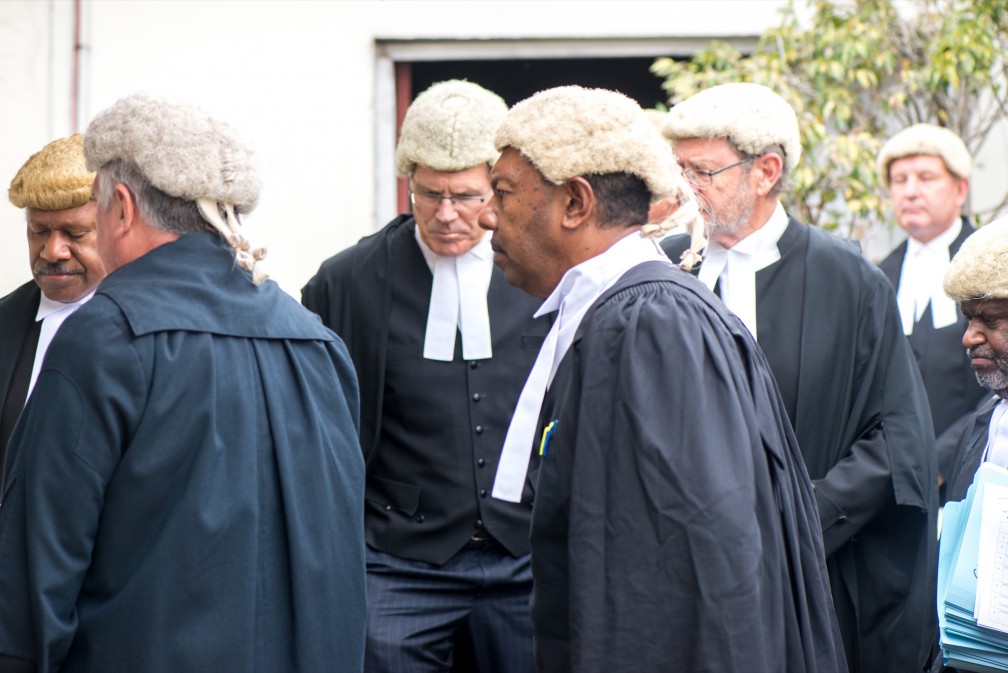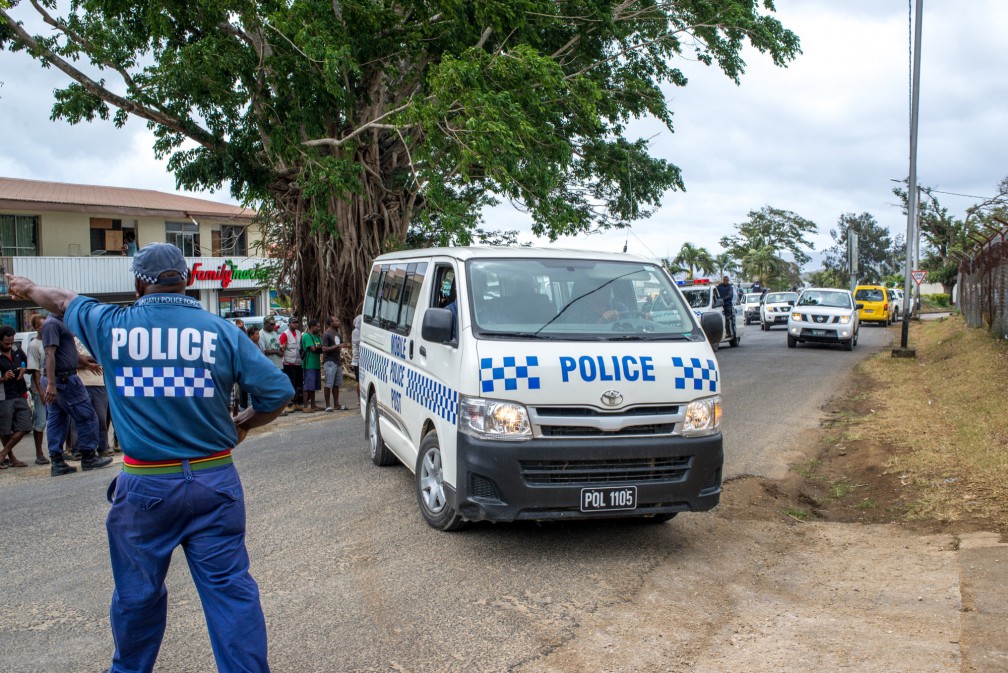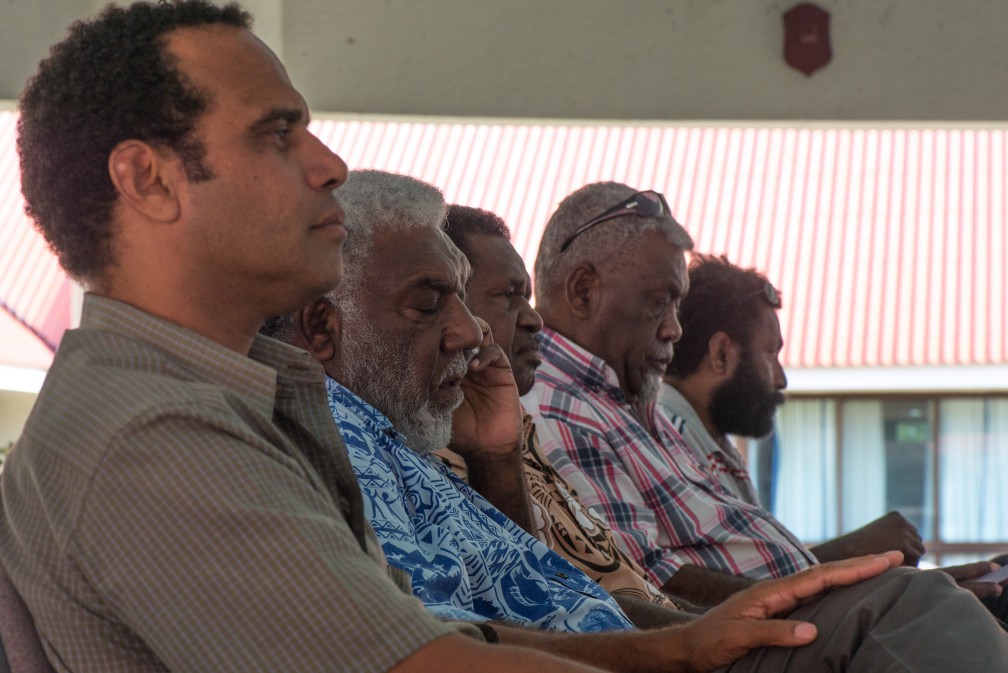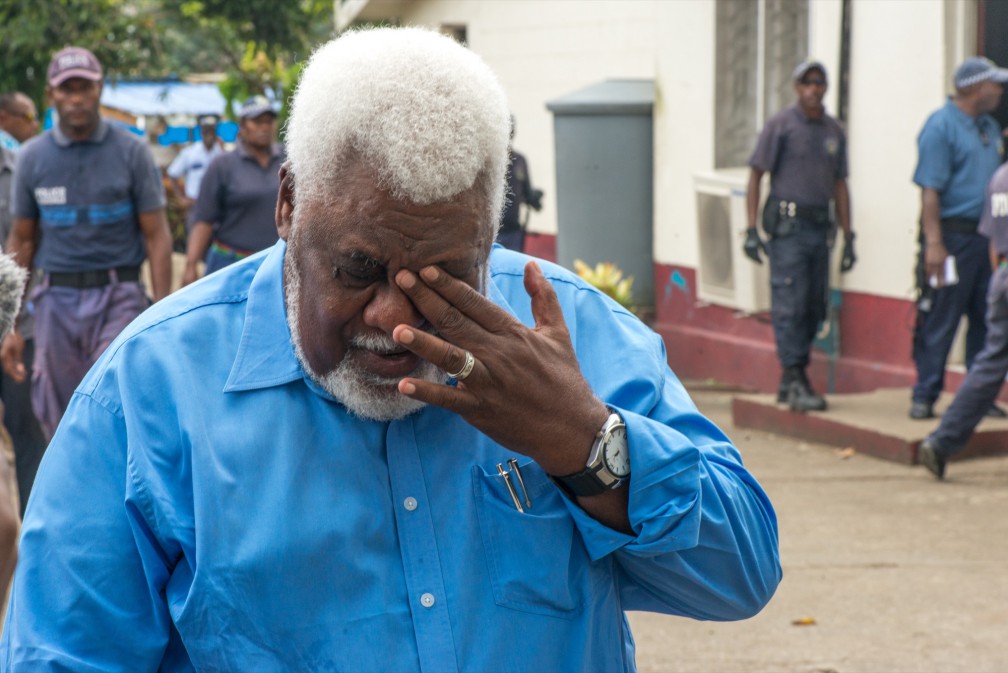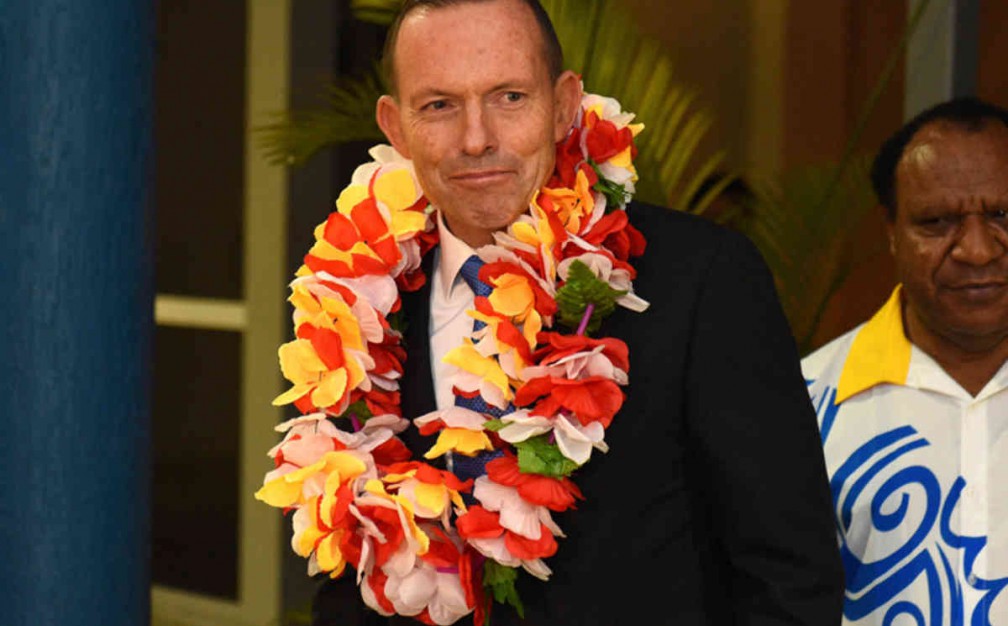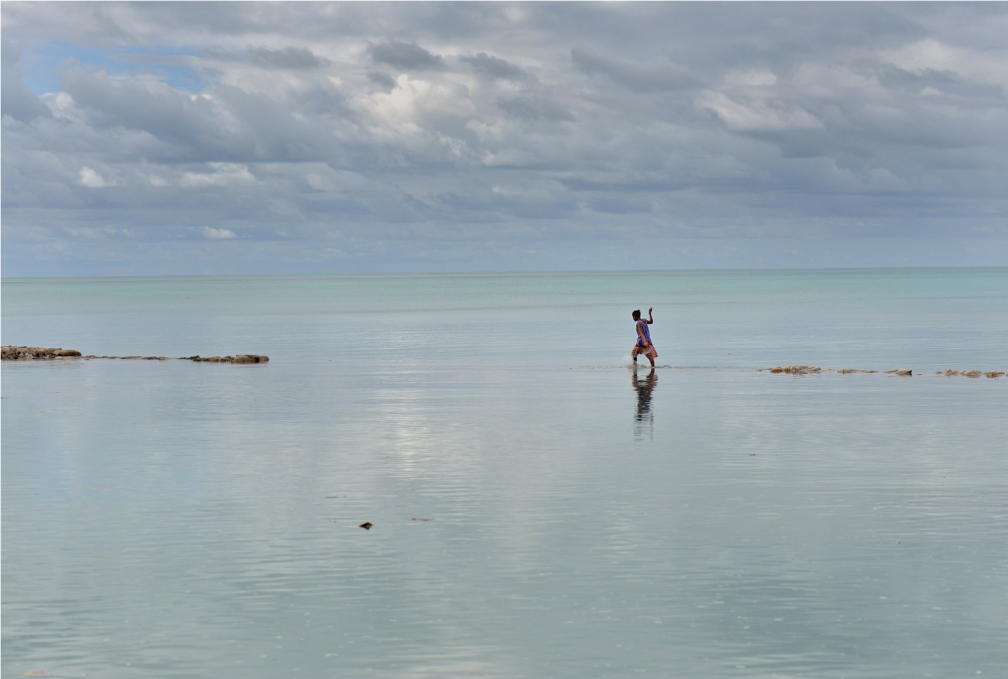In the weeks after it became known that more than a dozen MPs were being investigated for allegedly giving and accepting bribes, we accepted the reluctance among our leaders to comment on an issue currently before the police.
When MPs and their political backers were formally charged under the Leadership Code and the Penal Code, we expected them to stay quiet until the issue was resolved in the courts. But when people said they were unfairly targeted, we respected their right to do so.
When Sato Kilman included many of the accused into his government—and into his cabinet, too—following the no-confidence motion against Joe Natuman’s government, we were given pause.
It’s traditional in parliamentary democracies for MPs under any kind of cloud to clear their name before assuming—or resuming—a cabinet position or similar post.
Unusual as the situation might be, we accepted and respected Mr Kilman’s forceful assertion that all of the accused were innocent until proven guilty, and that no action would be taken until the courts had spoken.
When he allowed Mr Willie Jimmy to continue as Finance Minister even after he had pled guilty and been convicted, we watched with incredulity, but remained silent, even though Mr Jimmy’s continued presence in the position is of questionable legality. After all, we reasoned, things would get sorted before too long.
Even when a guilty verdict on criminal bribery charges was handed down, we still didn’t call for action, taking in good faith Mr Carcasses’ public call to “respect the judgment” and to uphold the process of the law.
But in the face of government officials taking actions that, in the words of the President, are “unlawful” and against the public interest, we are left with no option but to speak.
Mr Kilman’s support for his friends and colleagues is understandable, and many would say commendable. But there is a limit. Past a certain point, failure to speak, failure to act is no longer an act of moderation or restraint, it is an act of toleration.
And past a certain point, toleration is consent.
More and more as the hours and days tick by, Mr Kilman’s silence and inaction is betraying him. What may have looked like strength is looking more and more like an inability to counsel or constrain his own government members.
No formal statement on any of this has come out, save a brief assertion that pardons are a presidential matter and that the Prime Minister had no comment.
Associates of the Prime Minister who have acted as informal proxies in the past have stated unequivocally that Mr Kilman was neither consulted nor informed of the decision to promulgate a letter of pardon. Nor presumably has he assented to the attempted ouster of the Ombudsman, of the Clerk of Parliament or any other rumoured actions against parties involved in the bribery case.
Vanuatu is rapidly becoming a laughingstock in the international community. The ABC are featuring our national unravelling on the nightly news. TVNZ has labelled the country “an embarrassment”. Even the BBC is discussing the President’s “anger” at the situation.
This country needs unity and leadership now more than ever. And still the Prime Minister fails to act.
President Baldwin Lonsdale has used his office to draw a moral line in the sand, and to disown Mr Pipite’s actions. Sato Kilman can no longer remain silent. As the nation’s leader, he must act, and act promptly.
Past this point, silence becomes consent.

